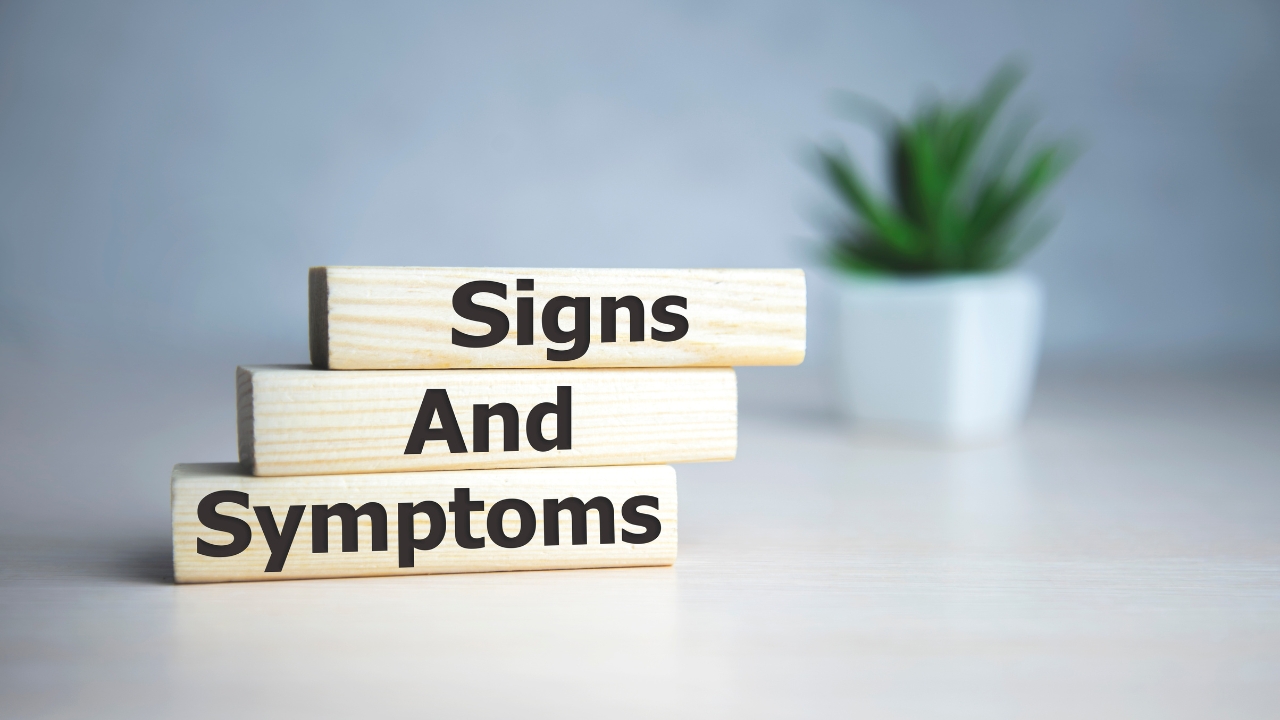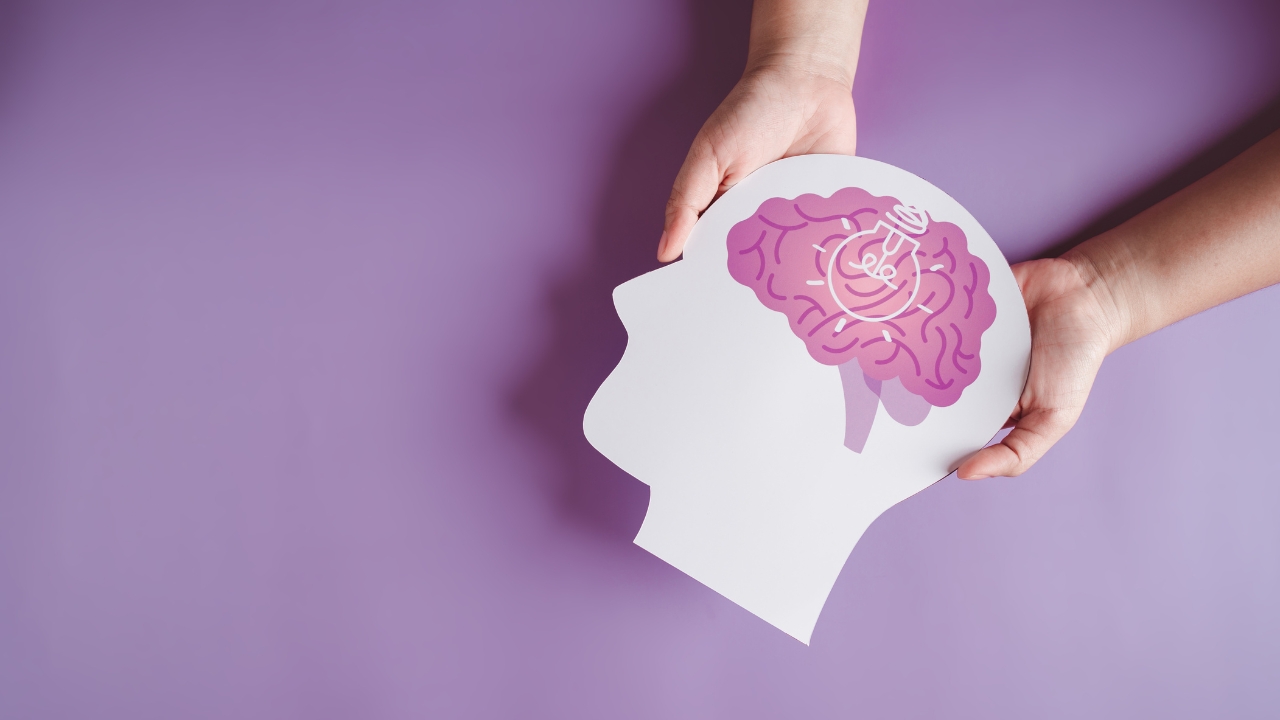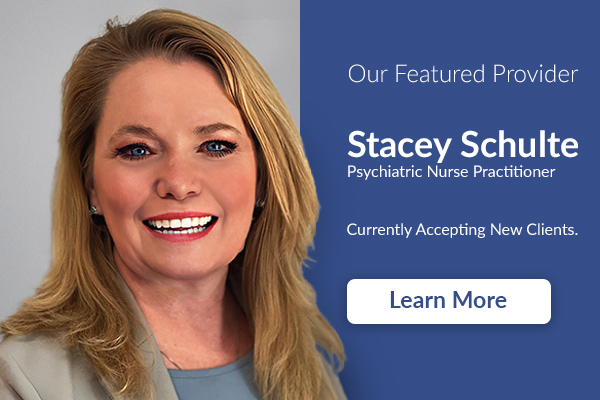Mental health issues are more common than you might think or have been led to believe. Knowing about psychiatric disorders is important to help those in need (someone you may know or even yourself). Mood disorders and anxiety can change your life exponentially if not treated.
Mental illnesses vary, each with its unique symptoms. Spotting these signs is the first step to getting help. Knowing about mental disorders can lead to the right care, whether it’s depression, anxiety, or other symptoms.
In the U.S., millions face mental health challenges every year. These conditions don’t discriminate, affecting people of all ages, backgrounds and ethnicities. Learning about common psychiatric disorders helps us understand our mental health or support those who are struggling every day.
So, what are some psychiatric disorders? Read on to find out the most common disorders!
Key Takeaways
- Psychiatric disorders encompass a wide range of mental health conditions
- Mental illnesses affect millions of Americans annually
- Understanding different types of mental disorders aids in recognition and treatment
- Early identification of symptoms is crucial for effective management
- Professional help is available for diagnosing and treating mental health issues
- Mental health conditions can impact daily life significantly
Understanding Psychiatric Disorders and Their Impact on Mental Health

Psychiatric disorders, also called mental health disorders, are complex conditions. They affect a person’s thoughts, emotions, and behaviors. These mental health problems can be mild or severe, impacting daily life in many ways.
Defining Mental Health Conditions
Mental health disorders include a wide range of conditions. Some common ones are depression, anxiety, bipolar disorder, and schizophrenia. Each disorder has its own symptoms and challenges, needing specific diagnosis and treatment.
Prevalence in America
Mental health problems are more common than you might think. In the United States, about 1 in 5 adults experience a mental health disorder each year. This shows how important it is to understand and address these health issues.
Impact on Daily Life
Living with a mental health disorder can affect many areas of your life. It can impact your work, relationships, and overall well-being. Recognizing the signs and symptoms is key to getting help early.
“Mental health is not a destination, but a process. It’s about how you drive, not where you’re going.” – Noam Shpancer, PhD
If you or someone you know is struggling with mental health issues, seeking professional help is crucial. Proper diagnosis and tests can lead to effective treatment plans. This can improve quality of life and manage symptoms effectively.
What Are Some Psychiatric Disorders: Common Types Explained

Psychiatric disorders cover a wide range of mental health issues. They affect how we think, feel, and act. It’s important to know about these disorders to spot symptoms and get help.
Mood Disorders: Depression and Bipolar Disorder
Mood disorders greatly impact our emotions. Depression makes us feel sad and lose interest in things we used to enjoy. Bipolar disorder, on the other hand, swings between feeling down and feeling overly excited.
Anxiety-Related Conditions
Anxiety disorders are all about too much worry and fear. This includes generalized anxiety, panic disorder, and social anxiety. Post-traumatic stress disorder (PTSD) is also an anxiety-related condition caused by traumatic events.
Personality and Thought Disorders
Personality disorders change how we think, behave, and interact with others. Schizophrenia is a severe condition with hallucinations, delusions, and disorganized thinking. Other disorders in this group include borderline personality disorder and psychosis.
Eating and Related Disorders
Eating disorders are unhealthy relationships with food and body image. Anorexia nervosa, bulimia nervosa, and binge-eating disorder are common types. These often happen alongside other mental health issues like anxiety or depression.
| Disorder Category | Examples | Key Symptoms |
|---|---|---|
| Mood Disorders | Depression, Bipolar Disorder | Persistent sadness, mood swings |
| Anxiety Disorders | Generalized Anxiety, PTSD | Excessive worry, panic attacks |
| Personality Disorders | Borderline Personality Disorder | Unstable relationships, self-image issues |
| Thought Disorders | Schizophrenia | Hallucinations, delusions |
| Eating Disorders | Anorexia, Bulimia | Distorted body image, abnormal eating habits |
Recognizing Signs and Symptoms of Mental Health Conditions

It’s important to know the signs of mental illness early. Mental health issues can show up in many ways. They can affect how we act, our physical health, and our feelings.
Behavioral Changes and Warning Signs
When you start to develop a mental health issue, you might notice changes. These can include:
- Withdrawing from social activities
- Changes in sleep patterns
- Difficulty performing usual tasks
- Increased use of substances
Physical Symptoms Associated with Mental Illness
Mental health issues can also show up physically. Some common signs are:
- Unexplained aches and pains
- Changes in appetite or weight
- Fatigue or low-energy
- Digestive issues
Emotional and Cognitive Indicators
Emotional and thinking changes are also important signs. Look out for:
- Persistent sadness or irritability
- Extreme mood swings
- Excessive fears or worries
- Difficulty concentrating or making decisions
Some conditions have unique symptoms. For example, hearing voices might mean schizophrenia. Seasonal affective disorder causes mood changes with the seasons. Borderline personality disorder involves unstable relationships and self-image. Perinatal mental health issues can happen during pregnancy or after childbirth.
| Condition | Key Symptoms |
|---|---|
| Substance Use Disorder | Cravings, inability to stop using, withdrawal symptoms |
| Premenstrual Dysphoric Disorder | Severe mood swings, irritability, depression before menstruation |
| Seasonal Affective Disorder | Depression, fatigue, and social withdrawal during the winter months |
Recognizing these signs is the first step to getting help. It’s key to managing mental health conditions well.
Professional Diagnosis and Treatment Options

Getting help from a mental health professional is key for a correct diagnosis and treatment of psychiatric disorders. Mental health services provide detailed evaluations to spot various mental health conditions. These checks might include psychological tests, medical exams, and interviews to grasp your symptoms and experiences.
Health professionals diagnose mood disorders, anxiety disorders, psychotic disorders, and personality disorders among others. Each condition needs a specific treatment plan. This plan varies based on the disorder and the person’s needs.
Mental health experts use many treatment methods to help those facing mental health challenges:
- Psychotherapy (talk therapy)
- Medication management
- Cognitive-behavioral therapy
- Group therapy
- Family Counseling
For instance, someone with panic disorder might get cognitive-behavioral therapy and anti-anxiety medication. A person with a psychotic disorder might need antipsychotic drugs and intensive support services.
There are many mental health treatments available. Your mental health professional will craft a plan just for you. This plan will meet your unique needs and goals. Always feel free to ask about your diagnosis and treatment options. This ensures you’re okay with your care plan.
Seeking Help: Mental Health Services and Support

Getting help for mental health is key to your well-being. The National Alliance on Mental Illness says 1 in 5 adults face mental health issues. This shows how vital it is to have support services available.
SamaraCare’s Outpatient Services
SamaraCare offers outpatient psychiatric services for different mental health needs.
Virtual and In-Person Treatment Options
SamaraCare knows patients have different needs and want a variety of options convenient to their daily schedule. We offer both in-person and virtual treatments. This lets you pick what’s best for you, even if you can’t leave home easily.
What to Expect During Your First Visit
Your first visit will last about one to two hours at SamaraCare. It’s a chance to really check your mental and physical health. Later visits are typically shorter as you progress through your mental health journey. You’ll talk about your worries, symptoms, and what you hope to achieve in treatment. Starting treatment early can help prevent mental illness from getting worse.
- Comprehensive evaluation of your mental health history
- Discussion of how mental health impacts your daily life
- Exploration of treatment options for conditions like depressive disorders
- Development of a personalized care plan
By seeking help, you’re taking a big step towards better mental health. Mental illness can be tough, but with the right support and treatment, many people find relief and a better overall quality of life!
Conclusion: You Can Overcome Any Challenge

Mental health conditions are common and can affect anyone. They range from major depressive disorder to social anxiety disorder. Understanding these disorders is key for early detection and treatment.
Recognizing symptoms, like changes in behavior or mood, is important. It can lead to timely intervention. This is crucial for those affected.
People with anxiety disorders or other mental health challenges have many treatment options. These include psychotherapy, medication, and brain stimulation therapies. The diagnostic and statistical manual helps professionals diagnose mental illnesses accurately.
Remember, mental health resources are available 24 hours a day for those in need. Whether you’re dealing with anorexia nervosa, binge eating disorder, or dissociative identity disorder, help is within reach.
Mental illness can cause big problems, but you can manage symptoms with the right care. If you see signs or symptoms of a mental health condition, don’t wait to get help. With the right treatment, people with mental health issues can live happy, fulfilling lives.
FAQ: What Are Some Psychiatric Disorders

What are the most common psychiatric disorders?
Common psychiatric disorders include depression and anxiety disorders. Also, bipolar disorder, schizophrenia, eating disorders, and personality disorders are common. These conditions affect millions worldwide, impacting daily life and well-being.
How do I know if I have a mental health condition?
It’s hard to know if you have a mental health condition. Look for changes in mood, thinking, or behavior. If these changes affect your daily life, seek help from a professional.
Can psychiatric disorders be cured?
Many psychiatric disorders can’t be cured but can be managed. Treatment includes psychotherapy, medication, and lifestyle changes. With the right care, many people can live fulfilling lives with reduced symptoms.
What is the difference between a psychologist and a psychiatrist?
Psychologists have a doctoral degree in psychology and focus on therapy and testing. Psychiatrists are medical doctors who treat mental health and prescribe medication. They often use both therapy and medication in treatment.
How long does it take to diagnose a psychiatric disorder?
Diagnosing a disorder can take different amounts of time. It depends on the condition and individual circumstances. Providing detailed information to your mental health professional is key to an accurate diagnosis.
Are psychiatric medications addictive?
Some psychiatric medications can lead to physical dependence. But most are not addictive like alcohol or opioids. Always take medications as directed and talk to your doctor about any concerns.
Can lifestyle changes help manage psychiatric disorders?
Yes, lifestyle changes can help manage psychiatric disorders. Regular exercise, healthy diet, enough sleep, and stress-reduction techniques like meditation are beneficial. They can complement professional treatment.
What should I expect during my first visit to a mental health professional?
Your first visit will last about one to two hours. The professional will ask about your symptoms, medical history, and life. They might give you questionnaires and discuss your concerns. This helps in creating a treatment plan tailored for you.
How do I know if I need inpatient or outpatient treatment?
The choice between inpatient and outpatient treatment depends on your symptoms and functioning. Inpatient care is for those at risk of harm or needing constant care. Outpatient care, like SamaraCare, is for those managing symptoms while living their daily lives.
Does insurance cover treatment for psychiatric disorders?
Many insurance plans cover mental health treatment. But coverage varies. Check with your insurance provider about what’s covered, including any limits or requirements for mental health services.



Comments are closed.